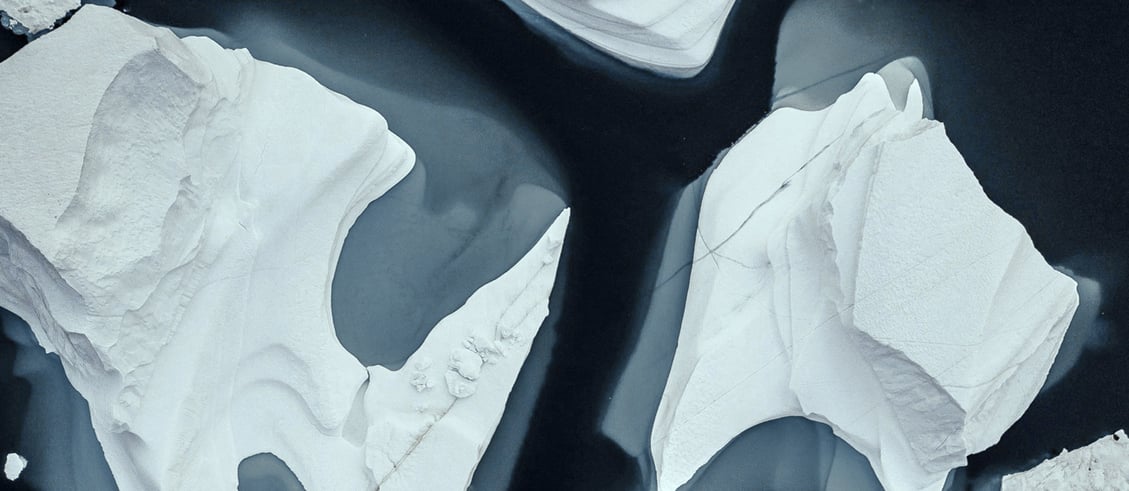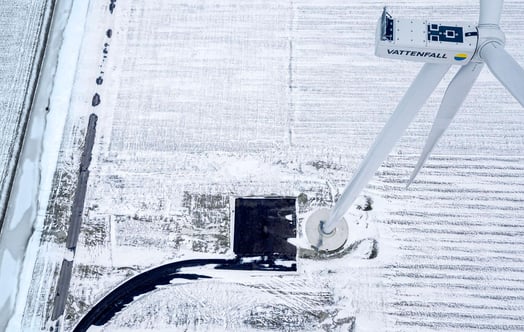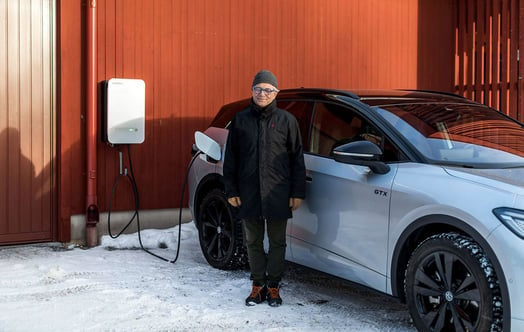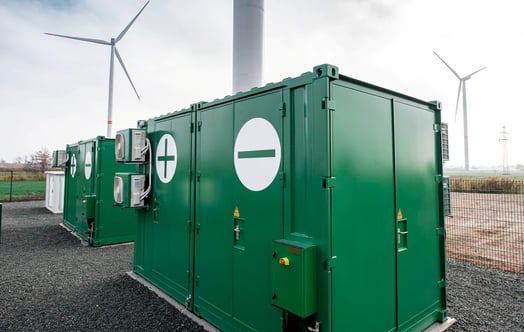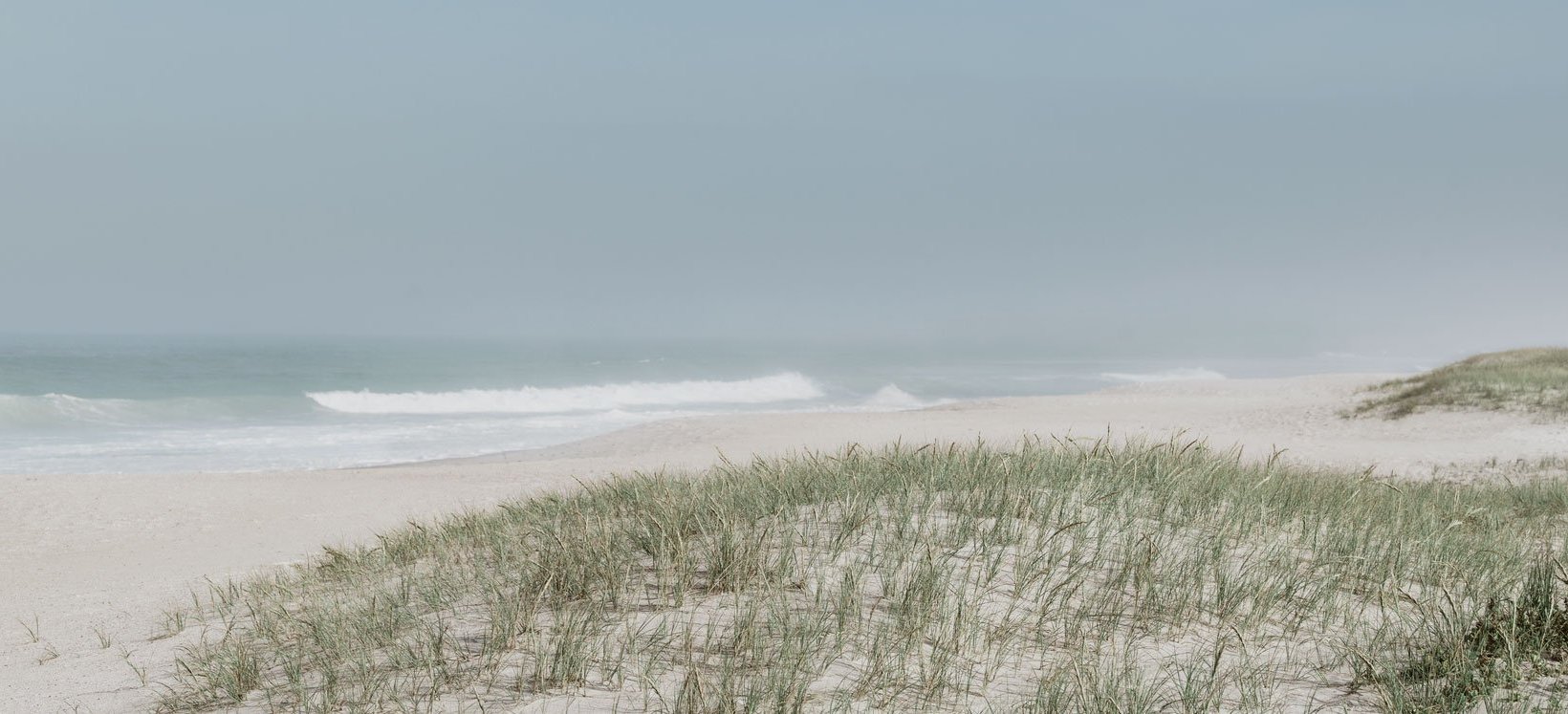
Hope in the Face of Climate Change: The Role of Indigenous Knowledge and Community Resilience
In a world increasingly threatened by climate change, finding hope can be challenging. Yet, there are signs of optimism driven by resilient communities and the integration of indigenous knowledge. Lagipoiva Cherelle Jackson, an expert climate and environmental journalist from the Pacific Islands, shares why she believes there is still hope for our planet.
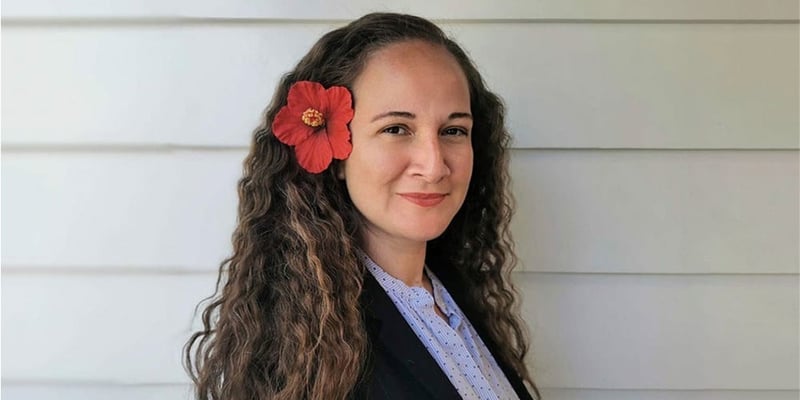
Lagipoiva Cherelle Jackson, expert climate and environmental journalist.
Lagipoiva's dedication to climate journalism stems from her upbringing on the island of Savai’i in Samoa. Growing up, she noticed the lack of news about her home and was inspired by her late mother, a pioneering indigenous leader passionate about the environment and heritage.
Grassroots Movements and Collective Action
Lagipoiva’s podcast series "An Impossible Choice" with The Guardian explores the tough decisions Pacific Islanders face due to climate change. Despite these challenges, she has seen promising developments, especially at the grassroots level. “We worked with Pacific Islanders in their own communities and languages. What stood out to me was the grassroots movement to find solutions and unite. Islanders are advocating for their rights to preserve ancestral knowledge and their history,” Lagipoiva shares.
Championing Solutions Journalism
As the Director of Climate at the Solutions Journalism Network (SJN), Lagipoiva promotes climate reporting that focuses on effective problem-solving: “Solutions journalism isn't just about reporting good news,” Lagipoiva explains, emphasising that it requires thorough verification of solutions.
She notes that solutions journalism has long been practiced in the Global South and that its adoption in the mainstream has reinforced the value of local insights: “By mainstreaming solutions journalism, we aim to inspire other journalists to delve deeper into how communities are tackling issues."
Resilience in the Face of Adversity
The resilience of Pacific Islanders is a powerful testament to their strength and resourcefulness. Lagipoiva highlights how communities respond to cyclones without waiting for external help, showing a natural resilience shaped by traditional ways of life.
“A village doesn’t wait for help; they help themselves. Even in the smallest villages, there is a drive to rebuild and survive, putting into perspective the resources available elsewhere,” Lagipoiva explains.
Integrating Traditional Knowledge
Traditional knowledge, deeply rooted in historical and environmental understanding, often provides practical climate solutions that are both sustainable and adapted to local conditions. Lagipoiva emphasizes how this knowledge can be integrated into broader climate action plans: “In Samoa and other Pacific Islands, traditional community structures guide disaster responses. For instance, the traditional ‘fale’ (house) is designed to withstand high winds by allowing them to pass through. This ancestral knowledge is sustainable and suited to the local environment." Integrating such practices can enhance the effectiveness of modern climate strategies, making them more resilient and culturally relevant.
The Role of Local Journalism
Local journalism is crucial in fostering hope and action within communities affected by climate change. Lagipoiva underscores the responsibility of journalists to highlight stories of local resilience and innovation: “Local journalists capture, translate, and transmit knowledge, especially in communities where English is not the first language. They ensure that indigenous knowledge and history are accurately depicted and contextualised,” Lagipoiva says. By telling these stories, local journalism not only preserves cultural heritage but also inspires wider adoption of successful strategies.
Lessons for the World
The Pacific Islands offer valuable lessons for global climate action, particularly in how traditional knowledge and community resilience can be leveraged for broader solutions. Lagipoiva highlights the Pacific Islands Forum, a coalition of governments that shows a united front in building resilience and solutions. “The world can learn from the political will and community-based solutions of the Pacific Islands. There is much to gain from integrating traditional knowledge and fostering collective action,” Lagipoiva concludes. These lessons from the Pacific can guide global efforts in addressing climate change with more inclusive and effective strategies.
Can climate communication overcome the bad news problem?
To delve deeper into these strategies and share practical insights, Cherelle will be a key speaker at our upcoming conference.
Join us for a special virtual event, that will be broadcast from Brussels’ historical Bibliothèque Solvay on Tuesday 24 September 2024.

